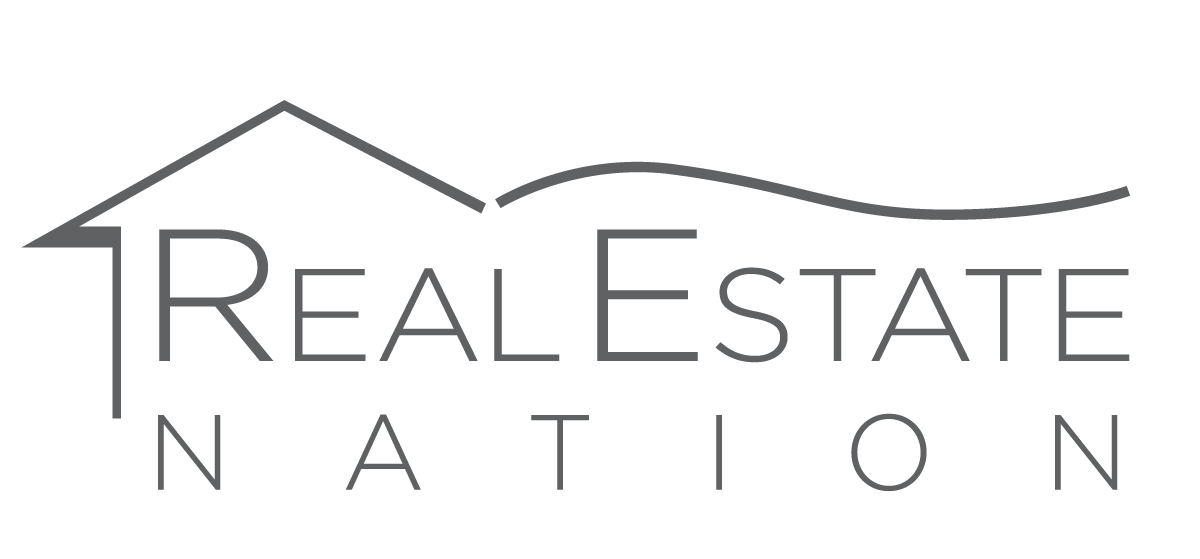A Simple Guide to Home Mortgages
First comes love, then comes marriage, then comes . . . buying a home? While that’s not always the natural progression for couples, the fact remains: buying a home likely falls somewhere in that list whether it’s the first thing someone does or the fourth. The reason: according to a 2016 study by Trulia.com, buying a home is nearly 40 percent less expensive than renting.
But when it comes to home ownership, knowing whether or not you’re ready for the financial burden is key. Here are the five things you should do to make sure you’re ready to buy a house.
CREATE A BUDGET
Establishing a budget allows you to track where your money is going and more easily identify areas of overspending. “It also helps you learn how to spend less than you earn and live within your means,” says Andrina Valdes, division president at Cornerstone Home Lending, Inc. “With a budget for a foundation, you can allocate the right funds toward planning for your financial future, which may include saving for a down payment on a house.”
PAY DOWN DEBT
Debt not only wreaks havoc on your day-to-day living, but it most certainly impairs your homebuying options. “To put yourself in the best possible position to buy a house, you’ll want to pay down as much debt as possible,” explains Valdes. “Not only will this help your debt-to-income (DTI) ratio and earn you a lower interest rate on a mortgage, but it will also free up money you can put toward a down payment, closing costs, possible renovations to your new home, and other expenses that may come up in the home purchasing process.”
CHECK YOUR CREDIT
Your credit score plays a significant role in your options when it comes to buying a home. Bad credit oftentimes lowers your chances of getting a loan. “In order to get approved for a mortgage loan, you should have a good credit score,” says Brian Meiggs, founder of personal finance website MyMillennialGuide.com. “Many mortgage lenders require a minimum credit score of 680 (620 for FHA mortgage loans), and if your score is below 680, mortgage lenders can easily deny your request for a conventional mortgage loan.”
GET REAL ON WHAT YOU CAN AFFORD
“Understand that lenders need to verify trackable, documented income via your tax returns and pay stubs,” explains Pattie Simone, a mortgage officer with M&T Bank. “So if you’re an entrepreneur [who] makes $140,000 gross a year but after expenses your tax return reports you made $42,500, that lower figure is what the lender will use when calculating if you can afford your mortgage payment.” And don’t forget the hidden costs. “If you are putting down less than 20 percent [of the sales price of the home], you will also have to pay private mortgage insurance (PMI) for a few years,” she adds. “Use an online mortgage calculator tool to figure out what your principal and interest and other payments will look like using various interest rates, sales prices, mortgage loan amounts, and down payment scenarios.”
Finance Glossary
Need to brush up on your home ownership terms? Use this CliffsNotes version.
- FRM
- This is a fixed rate mortgage where the interest rate never changes over the life of the mortgage, explains David Reiss, professor of law at Brooklyn Law School.
- ARM
- An ARM is an adjustable rate mortgage where the interest rate changes at various points over the life of the mortgage.
- 30-Year vs. 15-Year
- This is a mortgage that lasts for thirty years at which point it is paid off in full, explains Reiss. A fifteen-year is the same, but it is paid off in full in that shorter time period. The fifteen-year typically has a lower interest rate but higher monthly payments.
- 10/1
- This is an ARM with a fixed interest rate for the first ten years and an interest rate adjustment each year after that, says Reiss. “The 7/1 is the same except that its fixed rate lasts only for seven years.”
CALCULATE DEBT TO INCOME
How much you can afford oftentimes means knowing your debt-to-income ratio. “Add up all your monthly debts including what you think you can afford for a mortgage, plus all car loan, credit cards, and student loan payments,” says Simone. “Divide your total debt figure by your monthly income. If you come up with morethan 43 to 45 percent, you most likely will not qualify for a mortgage.” Written by Blake Miller. Photography provided by ©iStockphoto.com/scyther5.

